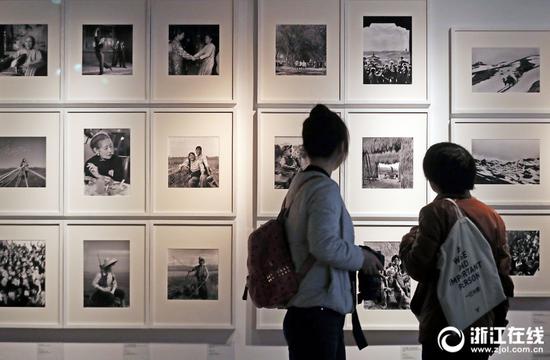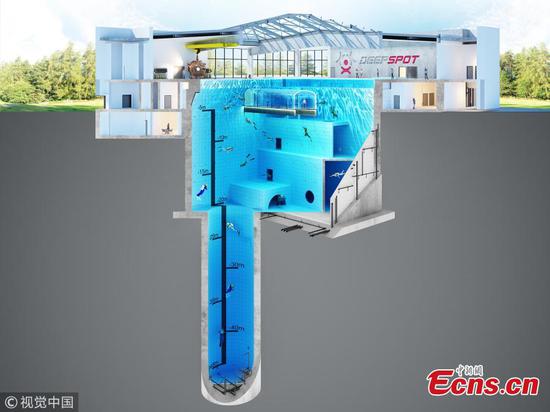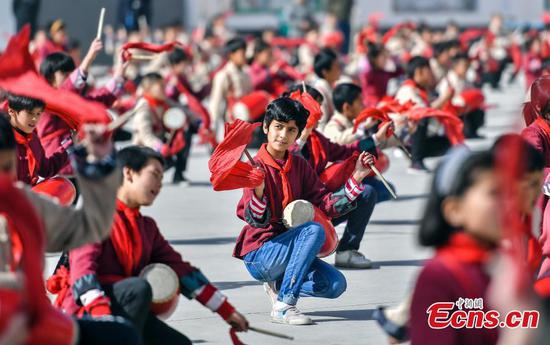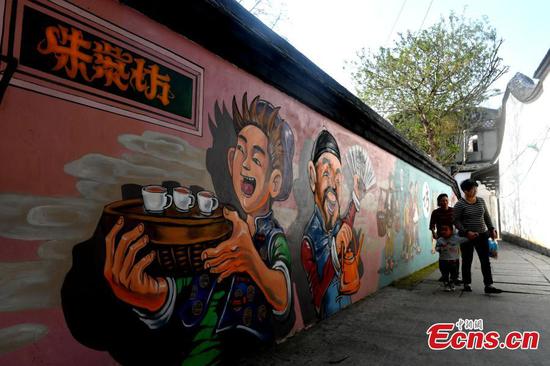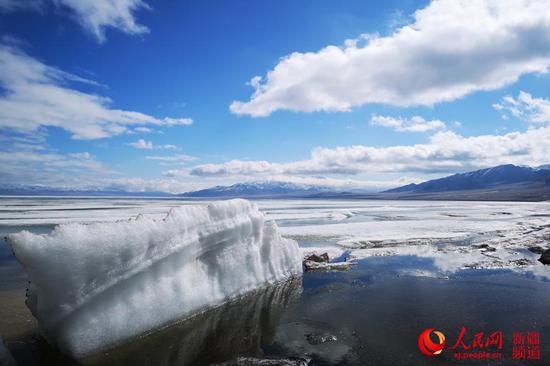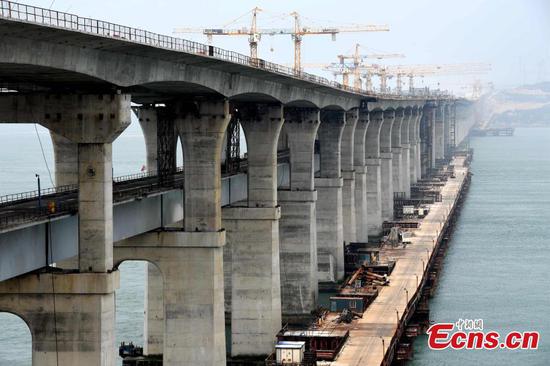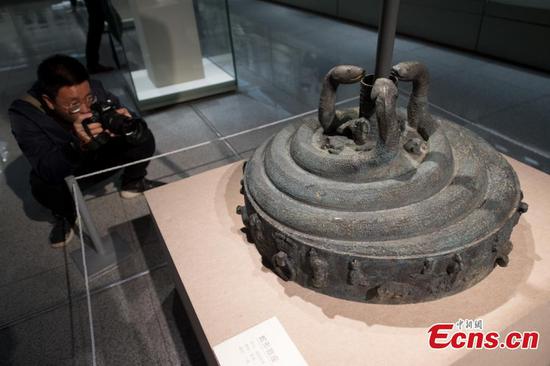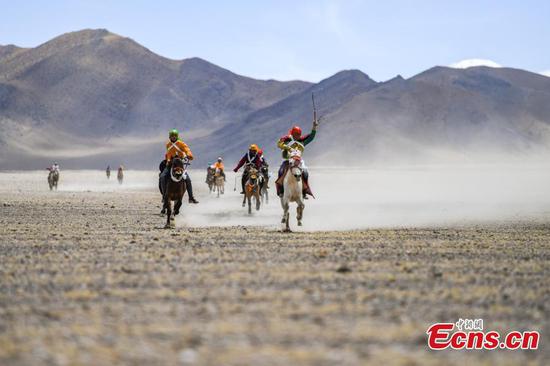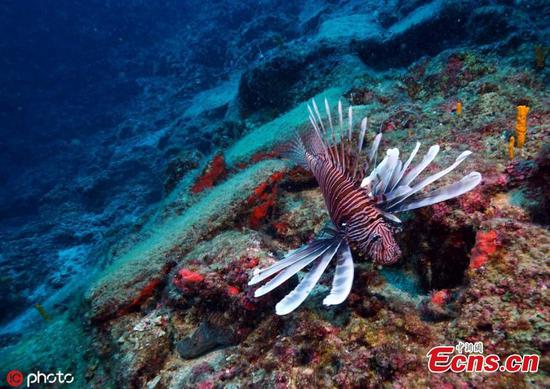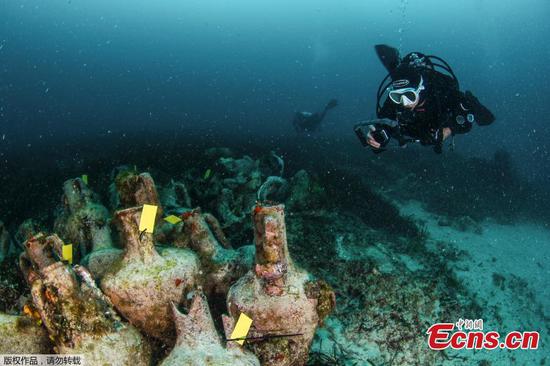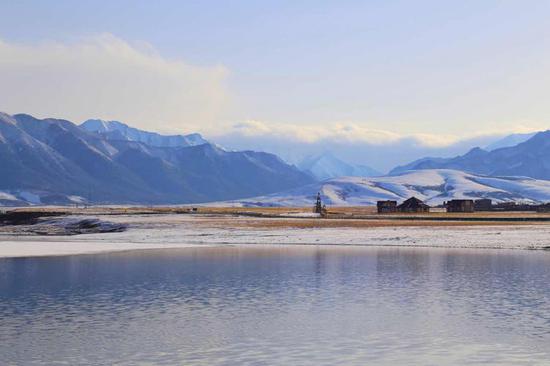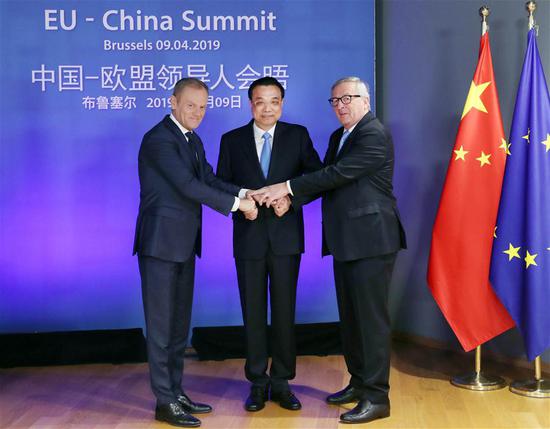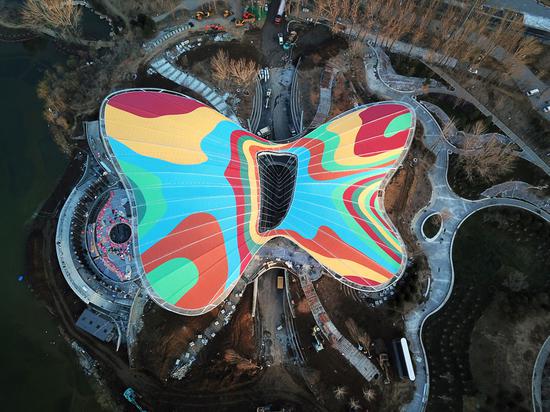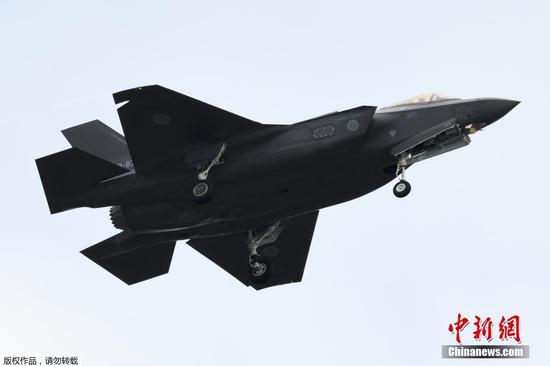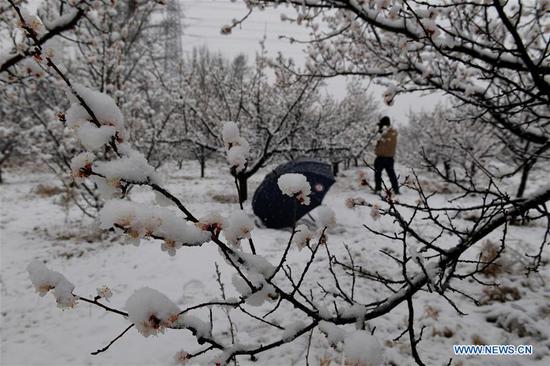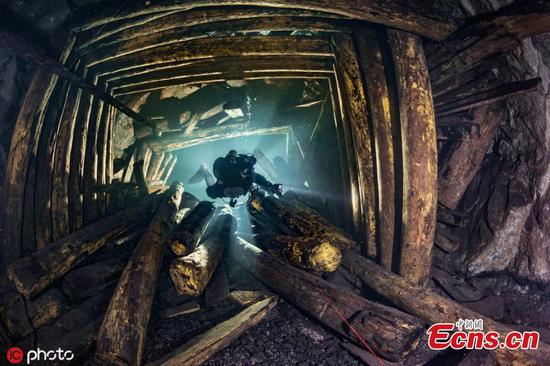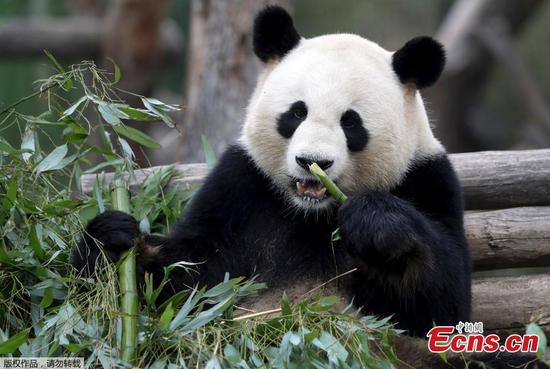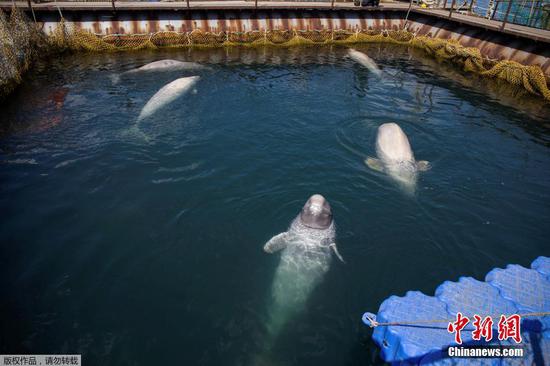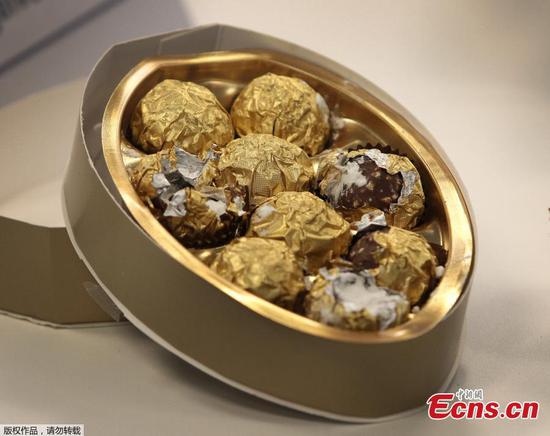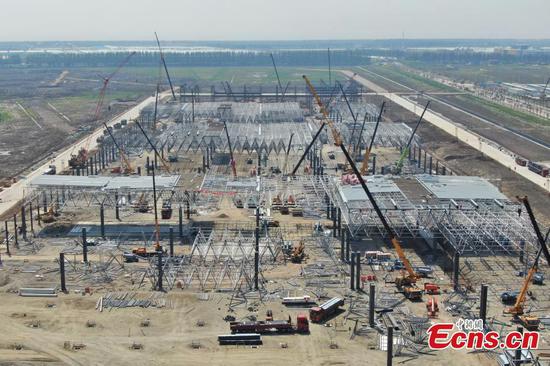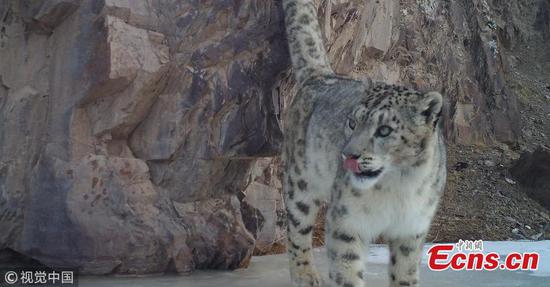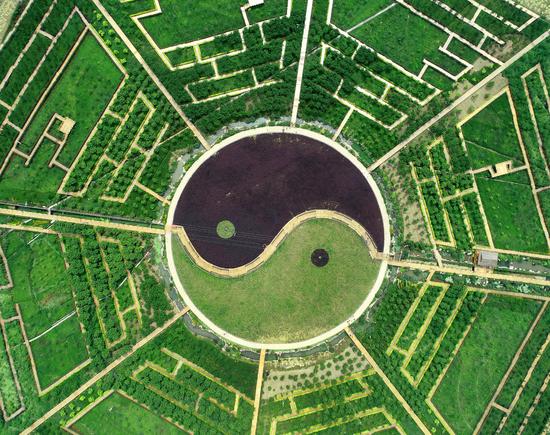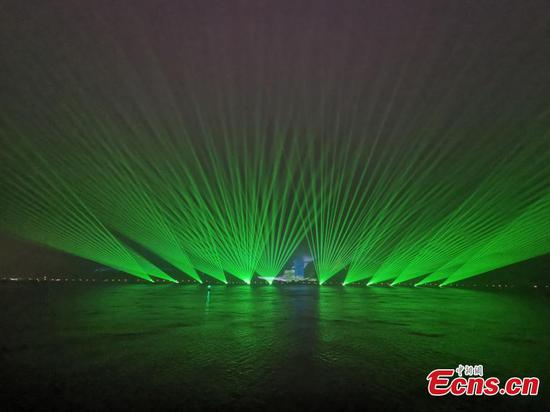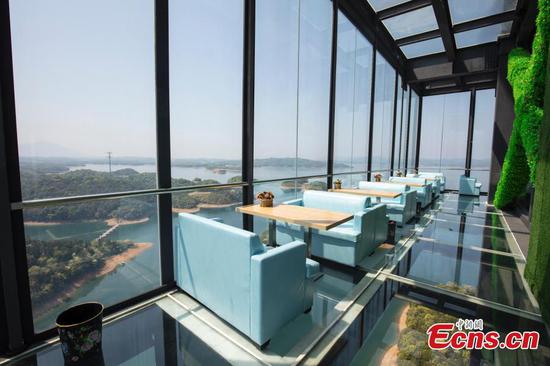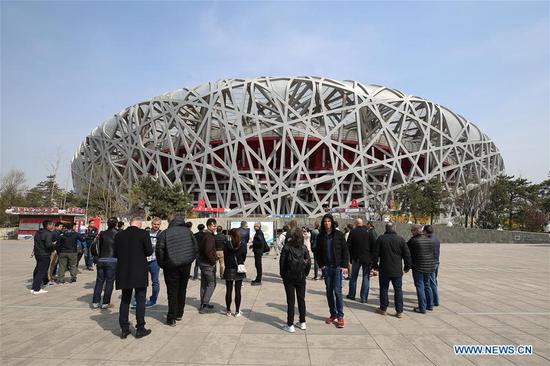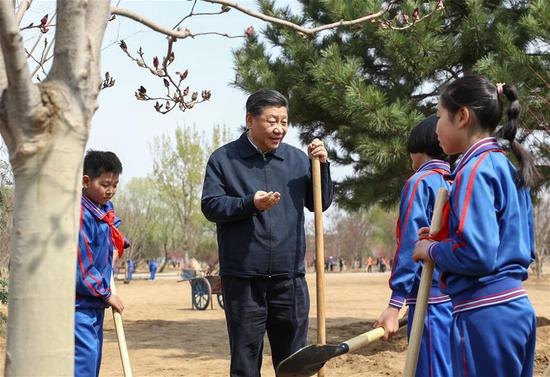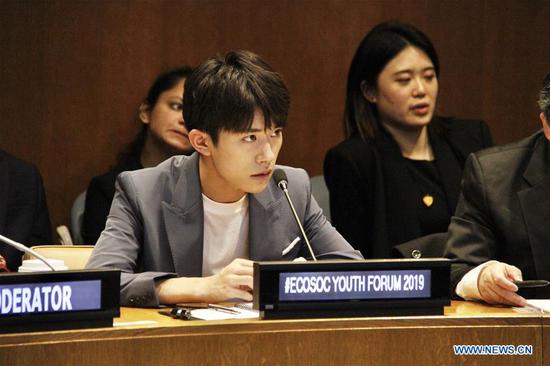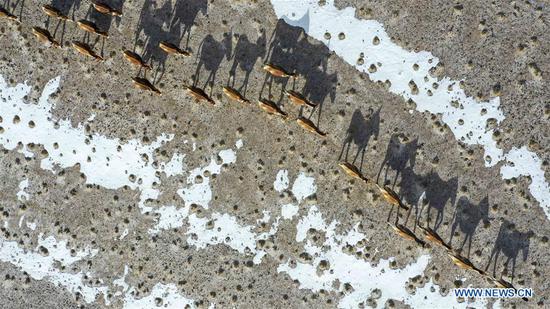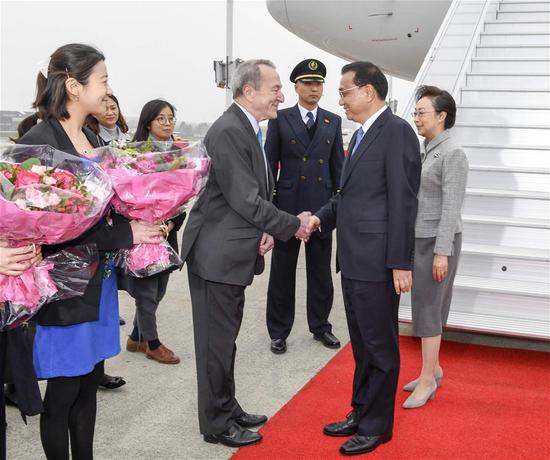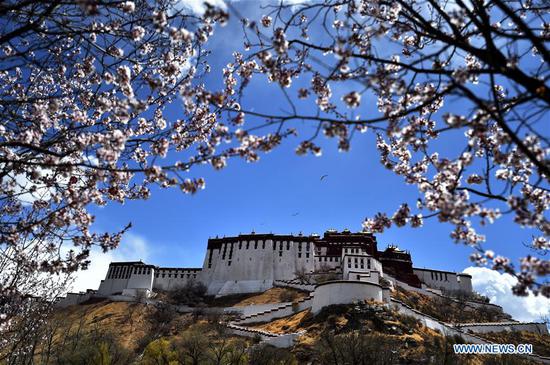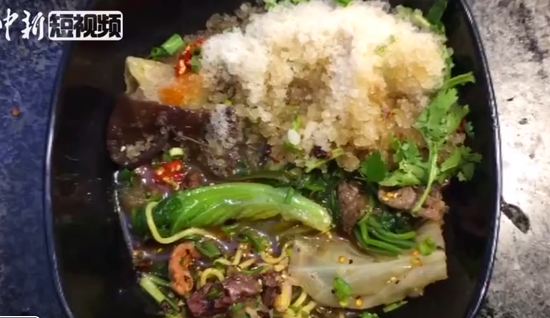Narratives vs actions in EU-China ties
Iulia Monica Oehler- incai, a senior researcher at the Institute for World Economy of the Romanian Academy
China has been advocating a community with a shared future for mankind and win-win cooperation on the global front. This has made China's development model gain more and more supporters worldwide, which even the US and the EU have come to realize. China is also building up on its competitive advantages to become a fully developed nation and a world leader in science and technology by 2050.
But despite these facts, many have called the China-proposed Belt and Road Initiative a "debt trap" and the 16 1 mechanism a "Trojan Horse".
The EU wants to deepen trade ties with China, as underlined in the "EU-China-A Strategic Outlook" document issued last month. But since it also sees China as a "systemic rival" promoting alternative models of governance, it can make large concessions only in some areas while making smaller ones in others, and no concessions at all in sectors of national security.
Still, the CEE countries are ready to intensify cooperation with China. Most of the euroskeptics among the CEE countries are trying to evolve and shed their status as dependent market economies and have a stronger voice inside the EU, so they can strengthen trade and investment ties with China.
All the CEE countries participating in the 16 1 mechanism have signed memorandums of understanding with China in order to jointly advance the Belt and Road Initiative. It's true that the 16 1 mechanism needs more substance in terms of implementation of large-scale projects. Even the CEE countries have strong critical voices against China, which cite the difference between the expectations and achievements of the 16 1 mechanism. But more people-to-people exchanges, the China-CEE Investment and Trade Expo in Ningbo, Zhejiang province, and a more intense direct contact with Chinese high-quality and innovative products have already become a reality.
The "new centrality of the Mediterranean" in the global maritime traffic is also due to China's presence in the region. Similarly, the North Adriatic Port Association, Via Carpathia (a planned transnational network connecting Klaipeda in Lithuania with Thessaloniki in Greece), the Three Seas Initiative (a forum of 11 CEE countries and Austria to establish trade connectivity through the Adriatic, Baltic and Black seas), the EU's Danube Strategy and other projects might be better off with China as their partner. China's active presence in the region is not against European unity. On the contrary, China needs a united and prosperous Europe. It is ready to develop infrastructure linkages both on land and at sea, a precondition to economic growth. China, as the "world's factory", has the capability and willingness to also build mental bridges. China's narratives have been always accompanied by constructive actions. This does not mean that it wants to replace the existing partnerships but to complement and even strengthen them.









